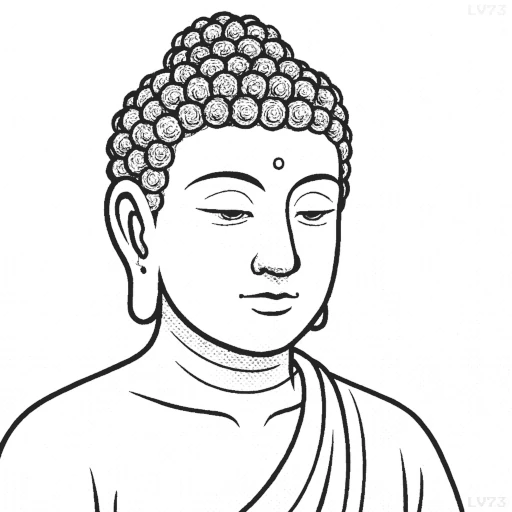“Hatred does not cease by hatred, but only by love; this is the eternal rule.”

- 7th century BC to 5th century BC
- Indian
- Religious leader, thinker
table of contents
Quote
“Hatred does not cease by hatred, but only by love; this is the eternal rule.”
Explanation
This quote teaches that hatred can never be overcome through more hatred; instead, it can only be dissolved through love. It highlights the power of compassion and kindness in resolving conflict and healing divisions. When people respond to hatred or hostility with more hostility, the cycle of negativity and anger continues. However, when love and understanding are brought into the situation, it can break the cycle, leading to peace and reconciliation.
In today’s world, this message remains crucial, especially in times of social and political division. It encourages individuals to practice empathy, forgiveness, and peaceful dialogue in the face of conflict. For example, efforts to heal societal rifts, such as those seen in reconciliation programs or peace-building initiatives, rely on the power of love and mutual understanding to bridge divides. The more we choose love over hate, the more we create an environment where peace can flourish.
Historically, Buddha’s teachings emphasize that anger and violence are forms of suffering that only perpetuate more suffering. Loving-kindness (Metta) is seen as a transformative force that can overcome negative emotions and bring people closer together. By embodying love and compassion, individuals can transcend the harm caused by hatred and create a more harmonious world. This eternal rule of love as a solution to hatred remains a timeless principle in both spiritual and worldly realms.
Would you like to share your impressions or related stories about this quote in the comments section?



